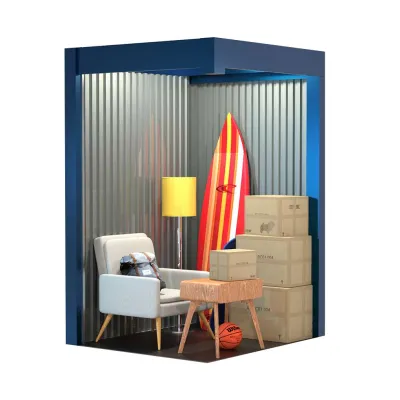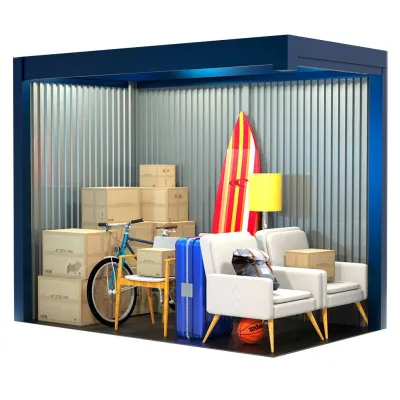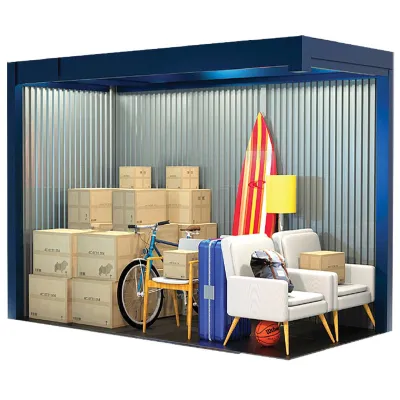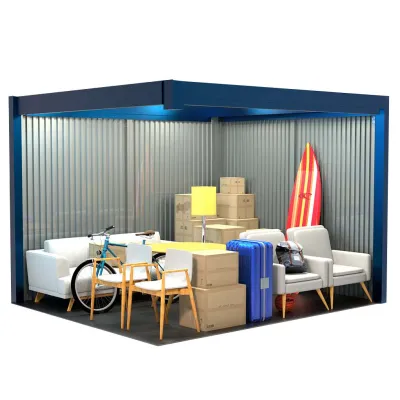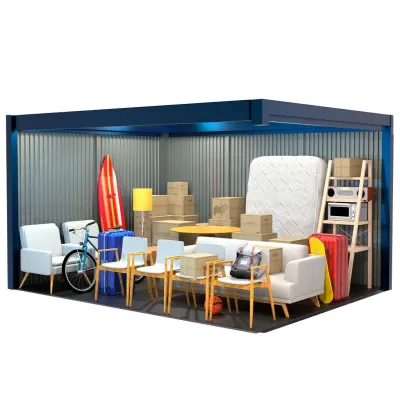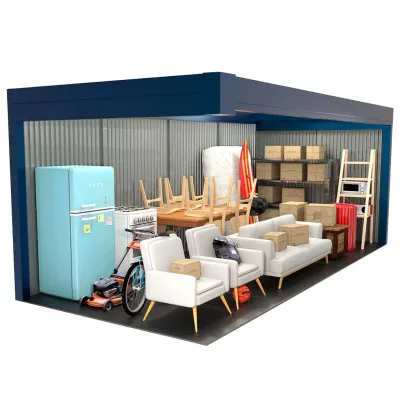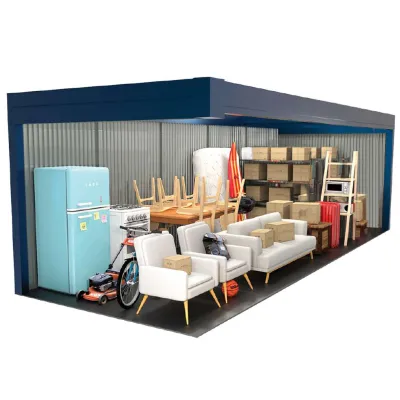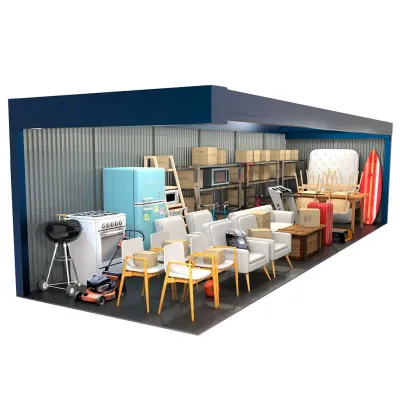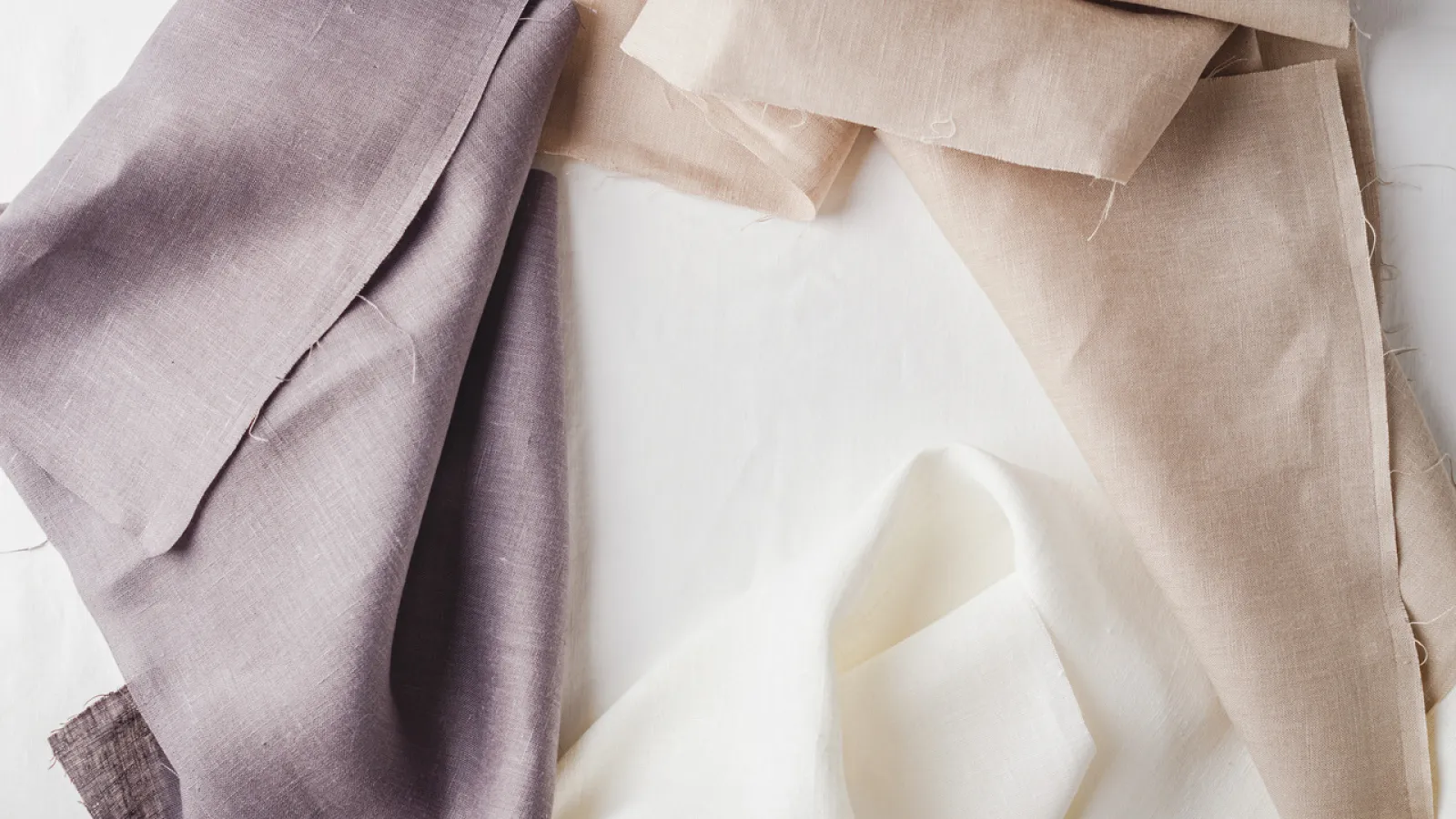
A Guide to Storing Linens: How to Keep Storage Smelling Fresh
If you have a dedicated space for laundry and linens, it probably turns into a catch-all place for old sheets, towels, and blankets. And with kids tugging towels out from the bottom of the stack or the dreaded fitted sheet, it only takes a few minutes after laundry day for your linen closet to look like it was never organized in the first place!
And then there's the musty smell that comes with storing linens—it can make the entire area feel stale and uninviting. But don't worry, there are plenty of ways to keep your linen closet smelling fresh!
Why Do Linens Tend to Smell or Get Musty in Storage?
The musty smell that comes from your linen closet is caused by the combination of mildew and bacteria. The main culprits are moisture, warmth, and lack of air circulation. This explains why your linens may start to smell after a few weeks of sitting in a damp area or being stored in an enclosed space like a linen closet.
If your laundry isn't getting a good clean every time, the oils and residue that are left behind on the fabric can also contribute to a musty smell. And then there are moths—they love to feed on fabrics made from natural fibers like cotton and wool, leaving behind their own musty odor.
Tips for Storing Linens in Closets & Storage Units
1) Clean Often
Wash your linens regularly to keep the bacteria, mold, and moths at bay. This not only preserves their freshness but also extends their lifespan.
2) Keep It Dry
Make sure any linens you're storing in a closet or storage unit get plenty of air circulation by leaving space between items. Don't leave wet or damp linens in storage—they can develop mildew and musty smells. Consider using moisture-absorbing products to maintain optimal humidity levels.
3) Avoid Storing Linens in Cardboard Boxes
Cardboard absorbs moisture, so try to avoid storing linens in them. If you have no other choice, make sure the box is tightly sealed and placed away from any sources of moisture. Plastic storage bins with lids can be a better alternative.
4) Organize the Little Stuff
For small items like face washcloths, doilies, and napkins, use wicker or wire baskets to keep them organized and dust-free. Label these containers to easily identify their contents.
5) Natural Odor Absorbers
Consider adding natural odor absorbers like baking soda, cedar chips, or lavender sachets to keep musty smells at bay. Not only do these natural products maintain freshness, but they also deter moths from invading your linens.
6) Be Strategic with Your Folding
When you place your towels and sheets in the closet, ensure that the smooth edges face you. This simple folding technique not only saves space but also makes your linen closet look clean and orderly.
7) Get Creative with Your Space
Even if you don't have a dedicated cupboard for linens, you can use an armoire, dresser, open shelves, or even a nightstand to store them. Utilize vertical space with shelf dividers and drawer organizers.
8) Go Climate-Controlled
If you're storing linens in a storage unit, it's best to put them in a place that's climate-controlled. Temperature and humidity fluctuations can wreak havoc on your fabrics, causing wrinkles and musty odors.
9) Get the Right Sizes
Whether you're storing things long-term or just for a few months in a storage unit, it's vital to get the right packaging for your linens. For example, people often forget just how much space all of their bedding—pillows, blankets, thick comforters, quilts—takes up. Invest in vacuum-sealed storage bags to reduce bulk and protect your linens from dust and moisture.
10) Organize Frequently
To keep your linen closet fresh, you should dig in deep at least once a month and remove items that have been sitting in storage for too long. If you haven't used something in six months, it's time to either donate or repurpose it! Then you can refold, restack, and reorganize the remaining items from top to bottom.
How To Store Bulky Bedding
Storing bulky bedding like comforters, duvets, and quilts can be challenging. Here are a few tips to help you manage them effectively:
Use vacuum-sealed storage bags to compress bulky bedding, saving space and protecting them from dust and moisture.
Consider investing in under-bed storage containers designed for larger items. These containers can slide neatly under your bed, utilizing otherwise wasted space.
When folding, use the "roll" method to minimize wrinkles and creases in large bedding items. This method also makes it easier to retrieve them when needed.
If possible, hang bulky bedding on sturdy hangers in a closet with enough vertical space. This prevents them from being squashed and maintains their fluffiness.
Ensure that any stored bedding items are completely dry before packing them away. Dampness can lead to mildew and odors.
How To Store Towels
Towels are a linchpin of a well-organized linen closet. Here's how to store these linens effectively:
Roll towels instead of folding them to save space and allow for better air circulation.
Consider using clear storage containers or baskets for towels. This not only keeps them neatly organized but also allows you to see their colors and textures at a glance.
Keep a separate stack of towels for everyday use and guest towels. This way, you can ensure that the guest towels remain fresh and ready for visitors.
Use shelf dividers or organizers to prevent towels from toppling over and becoming disheveled.
To maintain towel freshness, wash them with vinegar in place of fabric softeners. Vinegar helps eliminate odors and softens the fabric.
How Often Should You Replace Bedding & Linens?
Bedding and linens have a finite lifespan, and it's essential to know when it's time to replace them:
Sheets
Quality sheets can last anywhere from two to five years with proper care. Signs of wear and tear, fraying, or significant fading are indicators that it's time to replace them.
Towels
Towels tend to have a shorter lifespan, lasting about one to three years. When towels lose their absorbency or become frayed and threadbare, it's time to replace them.
Comforters and Duvets
With proper care, these items can last up to 10 years. However, if you notice lumps, clumping, or loss of warmth, it's time for a replacement.
Pillows
Pillows should be replaced every one to two years, as they accumulate dust mites and lose their supportiveness over time.
Mattresses
A good mattress can last up to 10 years, but you should consider replacing it if you experience discomfort, sagging, or disrupted sleep.
How To Freshen Up Guest Room Sheets for Visitors
Preparing your guest room sheets for visitors is a thoughtful touch:
Wash and dry the sheets just before your guests arrive to ensure freshness.
Consider using scented laundry products or linen sprays to add a pleasant aroma to the guest room.
Place a sachet of lavender or other pleasant scents in the guest room's linen closet to infuse a fresh fragrance.
By following these guidelines, you can ensure that your guests enjoy the comfort and cleanliness of your linens.
Make Your Organization Simple With Midgard Self Storage
We all have things we don't have room for at home but don't want to get rid of. Grandma's antique quilts or the linens you only use for a few parties throughout the year are clogging up your space at home and making your organization that much harder.
Instead of always trying to find a place for them at home, consider renting a self storage unit. You can find safe, climate-controlled units at Midgard Self Storage near you and make storing linens easy.
Look for your nearest Midgard Self Storage location and start organizing!

